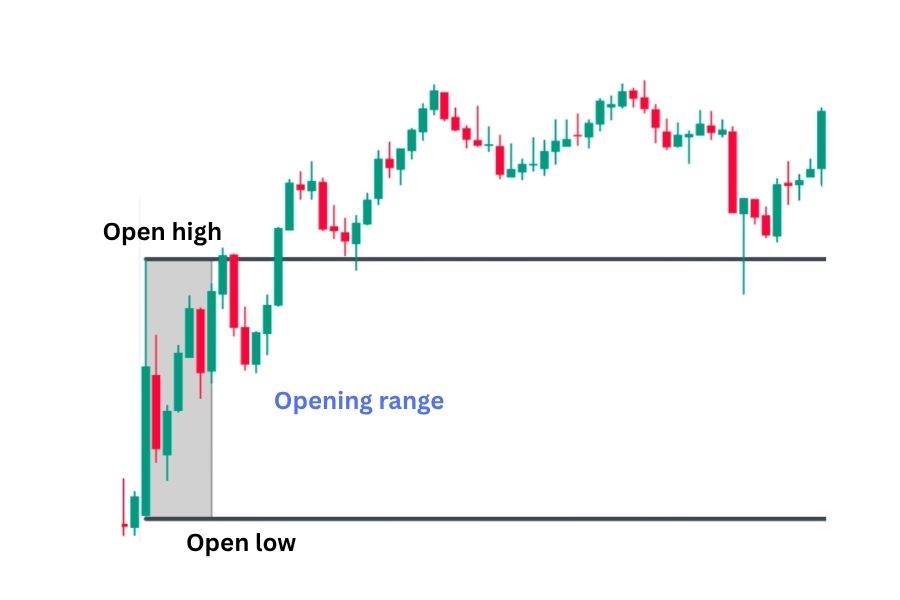
Investing in Upcoming IPOs in India: A Strategic Move for Investors
Dailybulls Research
Contributor
The Indian economy has been experiencing consistent growth in recent years, making it one of the fastest-growing major economies in the world. This growth has created a favourable environment for businesses to thrive, especially in the technology and startup sectors. As a result, many companies in India are choosing to go public through an Initial Public Offering (IPO) to raise capital and expand their operations.
However, savvy investors are increasingly turning their attention towards checking the upcoming IPO list and investing in those companies, which are privately held firms that are in the process of going public. These companies offer a unique opportunity for investors to get in on the ground floor and potentially reap significant returns in the future. This post will explore the importance of investing in pre-IPO companies, the potential risks and rewards, and the steps one can take to navigate this growing market effectively.
Understanding Pre-IPO Investments
Pre-IPO investments refer to the investments made in a company before its initial public offering (IPO). This is a crucial stage in the company’s lifecycle, where it seeks capital from private investors to finance its growth and expansion plans.
Pre-IPO investments allow investors to buy shares in a company before it goes public. These investments are typically made by venture capitalists, private equity firms, institutional investors, and high-net-worth individuals. By participating in pre-IPO investments, investors aim to benefit from the potential increase in the company’s value once it goes public.
In India, the pre-IPO process involves several stages. Firstly, a company must fulfill certain criteria and comply with regulatory requirements to be eligible for an IPO. This includes meeting the profitability and net worth criteria set by the Securities and Exchange Board of India (SEBI).
Once a company meets the necessary criteria, it appoints an investment bank as the lead manager for the IPO. The lead manager assists the company in determining the IPO size, pricing, and timing. Simultaneously, the company may engage in pre-IPO funding rounds to raise capital from private investors.
SEBI oversees India’s regulatory framework for pre-IPO investments. SEBI sets rules and regulations to ensure disclosure, transparency, and fair practices in the pre-IPO process. These regulations aim to protect investors’ interests and maintain the capital markets’ integrity.
Why Invest in Pre-IPO Companies in India?
Investing in pre-IPO companies in India presents unique opportunities for growth potential, pricing advantage, and diversification. Let’s understand the reasons in detail below.
- Growth Potential: Investing in pre-IPO companies in India presents a significant opportunity for investors to tap into high-growth potential. These companies are often in their early stages, with innovative business models and disruptive technologies. By investing early, investors have the potential to ride the wave of growth as these companies expand their operations, capture market share, and increase their valuation.
- Pricing Advantage: Before a company goes public, its shares are typically priced at a lower valuation than post-IPO prices. This allows investors to enter the investment at a more favourable price point. As the company progresses and achieves milestones, its valuation may increase significantly, resulting in substantial capital appreciation for early investors.
- Diversification: Investing in pre-IPO companies in India can diversify an investment portfolio beyond traditional stocks and bonds. By including these types of investments, investors can gain exposure to a different asset class with a higher risk-reward profile. Pre-IPO investments can help balance a portfolio, especially for those seeking long-term capital appreciation.
Risks Associated with Pre-IPO Investments
- Liquidity Risk: Pre-IPO investments can pose challenges in terms of liquidity. Unlike publicly traded companies, where investors can easily buy and sell shares on the stock exchange, pre-IPO investments lack the same level of liquidity. These investments are typically held for longer, sometimes years before the company goes public. This lack of liquidity means that investors may not be able to easily access their funds or exit their investments before the company goes public.
- Regulatory Risks: Regulatory uncertainties and changes can significantly impact pre-IPO investments. The regulatory landscape surrounding IPOs and private investments can be complex and subject to change. Government regulations, tax policies, and securities laws can influence the investment climate and the potential returns. Changes in regulations or unexpected legal hurdles can introduce uncertainty and affect the outcome of pre-IPO investments.
- Market Risk: Investing in pre-IPO companies inherently carries market risks. These companies often operate in industries that are relatively new, volatile, or subject to disruptive technologies. Market conditions can change rapidly, and investor sentiment can significantly impact the valuation of pre-IPO companies. Fluctuations in the market can result in the potential for significant gains but also pose the risk of substantial losses.
How to Evaluate Pre-IPO Companies in India?
To evaluate pre-IPO companies in India, it is crucial to consider several key criteria:
- Understanding the company’s business model and market potential is essential. Analyse the industry in which the company operates, its competitive landscape and its unique value proposition.
- Assessing the management team and their track record is essential. Look for experienced and capable leaders with a proven track record of success in the industry.
- Analysing the company’s financials and growth indicators is vital. Evaluate the company’s revenue growth, profitability, and cash flow. Consider factors such as market size, customer acquisition, and retention rates.
- Review the upcoming IPO list and ensure you have a Demat account to participate in the investment opportunities.
These evaluation criteria will help investors make informed decisions when considering pre-IPO investments in India.
Navigating the Pre-IPO Investment Process
When navigating the pre-IPO investment process in India, it is important to understand the steps involved clearly. Firstly, investors should explore various sources to find pre-IPO investment opportunities, such as staying up-to-date with the upcoming IPO list and actively researching potential companies.
Also, familiarise oneself with the legal and regulatory requirements surrounding pre-IPO investments in India. This includes understanding the eligibility criteria, documentation needed, and compliance with securities laws. Seeking the guidance of financial advisors or utilising investment platforms can greatly facilitate the process.
Conclusion
While risks are involved in pre-IPO companies, conducting thorough research and diversifying your investments can help mitigate these risks. As always, consulting with a professional financial advisor before making any investment decisions is important.
Share this insight
Spread the Alpha
If this analysis helped you, pass it along to your trading desk or community.
Related Articles
More ideas that align with your trading playbook.

Understanding Online Trading Accounts and How to Open One in India
Introduction to Online Trading Accounts First things first, let’s come to the definition of online trading. Online trading is a method that…

7 Key Tips to Save Money on Health Insurance Premiums
With the ever-increasing costs of healthcare in India, securing a health insurance policy has become more of a necessity than an option.…
5 Financial Tips for Beginners
Mastering personal finances is one of the most basic yet important skills that helps you achieve your short-term and long-term goals. Understanding…



